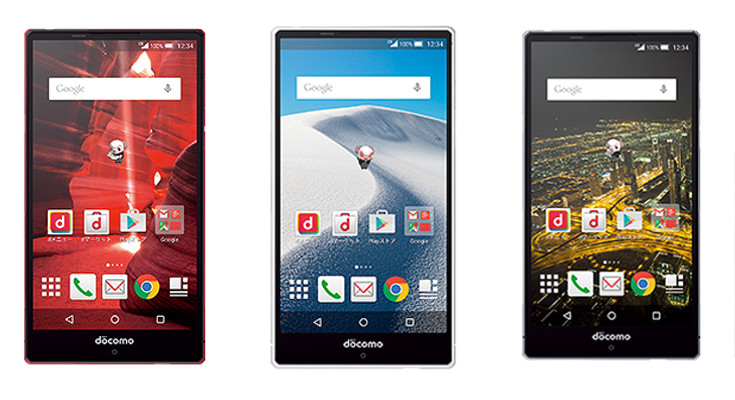
Given Android’s popularity, one has to wonder why more businesses haven’t adopted this operating system and accompanying devices.
Businesses Don’t Think Like Consumers
Let’s resist the temptation to slip into any “corporations are people, my friend” arguments by accepting that businesses (as collections of owners, CEOs, CFOs, and other acronyms) do make decisions, and the way those businesses make decisions differs from the way that average consumers make decisions.
When it comes to purchasing equipment such as tablets, businesses usually have more money to spend than individual consumers do. By the end of 2012, US corporate profits reached historic levels (we’re talking something close to $2 trillion). Meanwhile, the median household income from 2007 to 2011 was $52,762.
The financial differences between a large company and a family make it possible for corporations to buy high-priced electronics while families opt for cheaper models. That helps explain why so many consumers love Android devices while companies don’t seem to care about them.
Businesses also have a different set of concerns. These concerns play a significant role in which devices they buy for their employees.
One concern is that Android devices can use over a dozen versions of the operating system. That can create all kinds of problems when you have hundreds of employees trying to use share information and collaborate on projects.
Imagine a manager looking at a list of Android OS names such as:
- Jelly Bean
- Ice Cream Sandwich
- Honeycomb
- Gingerbread
If she can’t figure out how all of these systems work together securely, then she’s likely to just say, “forget it. We’re buying the more expensive tablets with fewer versions.”
Consumers don’t need to think about that. What’s your biggest concern at home? That your tablet might not sync properly with your TV? That manager is worried that making the wrong decision could cause a massive information leak that exposes credit card numbers, social security numbers, and research.
Suddenly, you can justify spending a couple hundred dollars more on a device that makes you feel safe.
There’s a Change in Corporate Thinking
Those are serious concerns, but the business crowd is starting to reconsider its position on Android tablets and similar devices.
The trend towards BYOD could have a big impact on what devices companies choose to buy or not buy. Considering that 43 percent of executives say that they approve of BYOD programs that increase productivity and let employees work even when they’re not at the office, it’s not surprising that a lot of businesses have started to accept Android.
BYOD presents some security challenges, but companies can meet those challenges with comprehensive training plans. After proper training, a company’s average employee becomes $3,150 more valuable every year.
Given that productivity advantage, it just makes sense to adopt the technology that employees already use at home.
A manager might get away with spending extra money on gadgets if it shows results. The latest research, however, shows that she will get more out of her employees by letting them use their own devices. That increasingly means that companies have to adapt to Android OS even if they’ve used something else in the past.
Android Has Great Apps for Businesses
As companies have started looking closer at Android, they’ve found that available devices have apps that can actually make business easier.
Brainshark, a free Android app, lets users view, create, and share PowerPoint presentations. It even has a function that lets users add sound to the presentations. If you’ve ever found yourself sitting through a presentation full of dense text, you can appreciate that tool.
Google Drive, another free Android app, gives you 5GB of space where you can store Google docs, spreadsheets, and presentations. One of the best things about using an Android device is that you can take advantage of Google’s integrated services. Google Drive makes it easier for you to access those files no matter where you go.
Other Android apps worth considering include:
- Quickoffice
- Evernote
- OfficeDrop
- Expensify
All of these apps were created specifically for businesses that want more productivity without spending more money.
Do you think Android OS has finally won over the business crowd? What market forces would encourage more businesses to start using Android devices?









